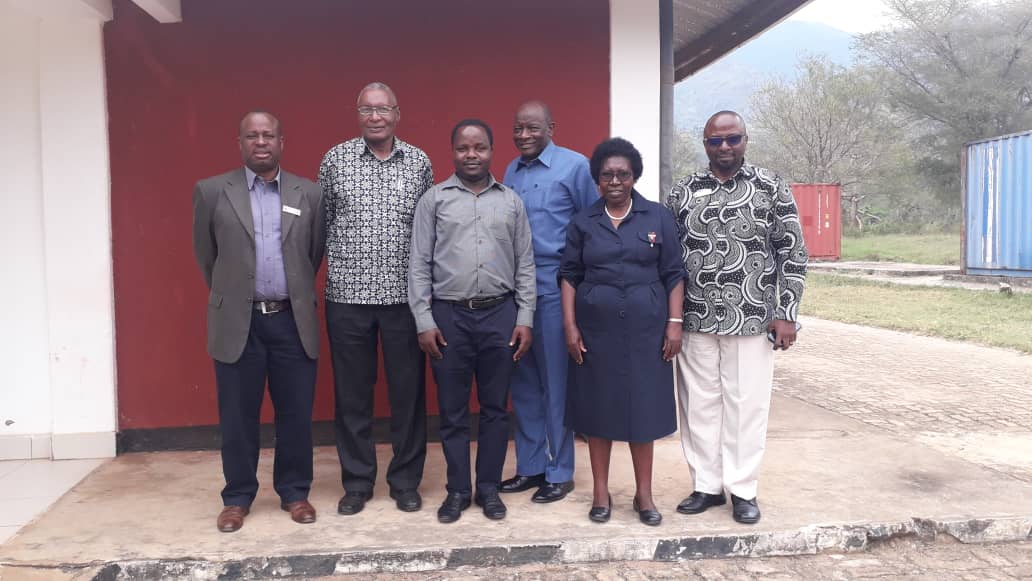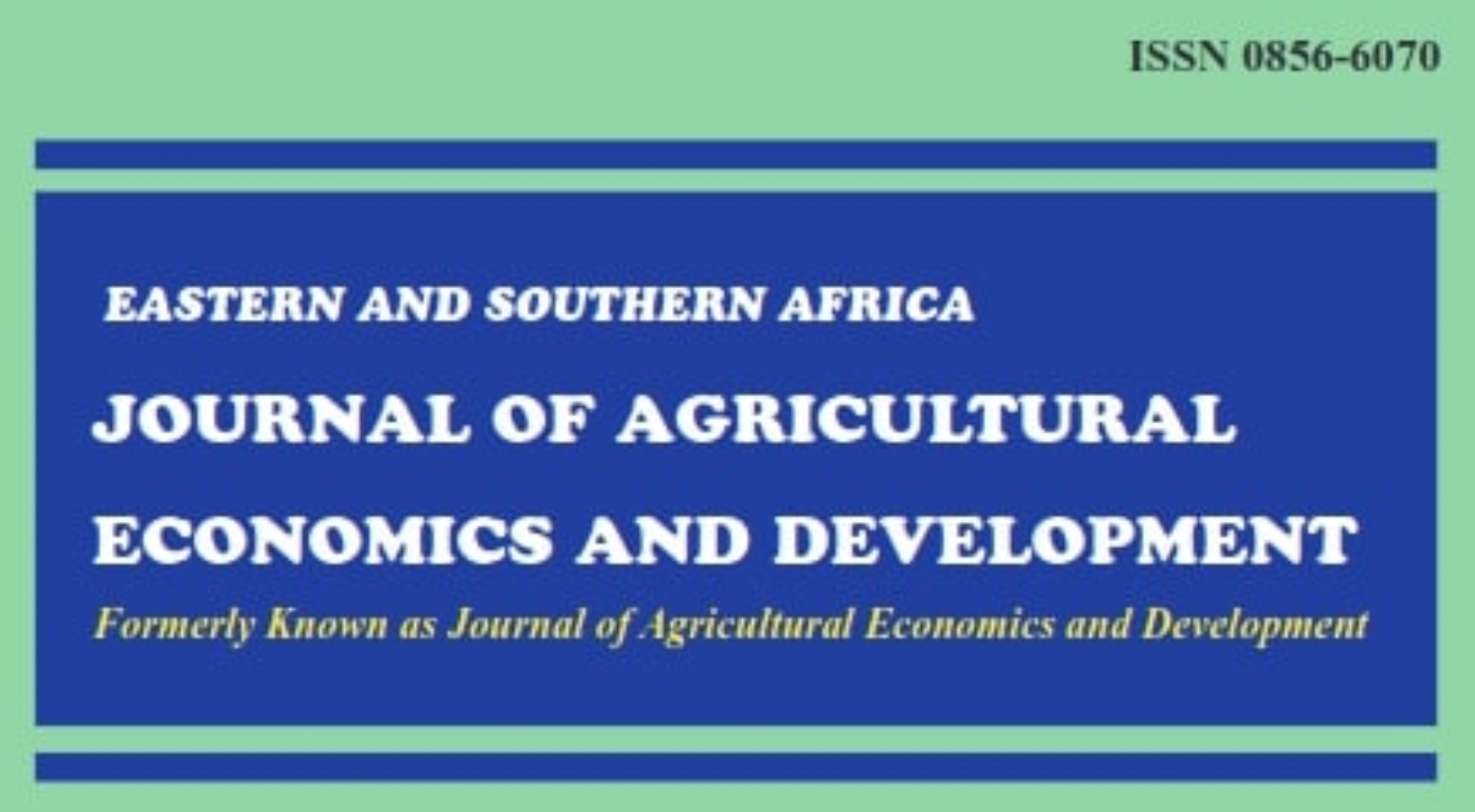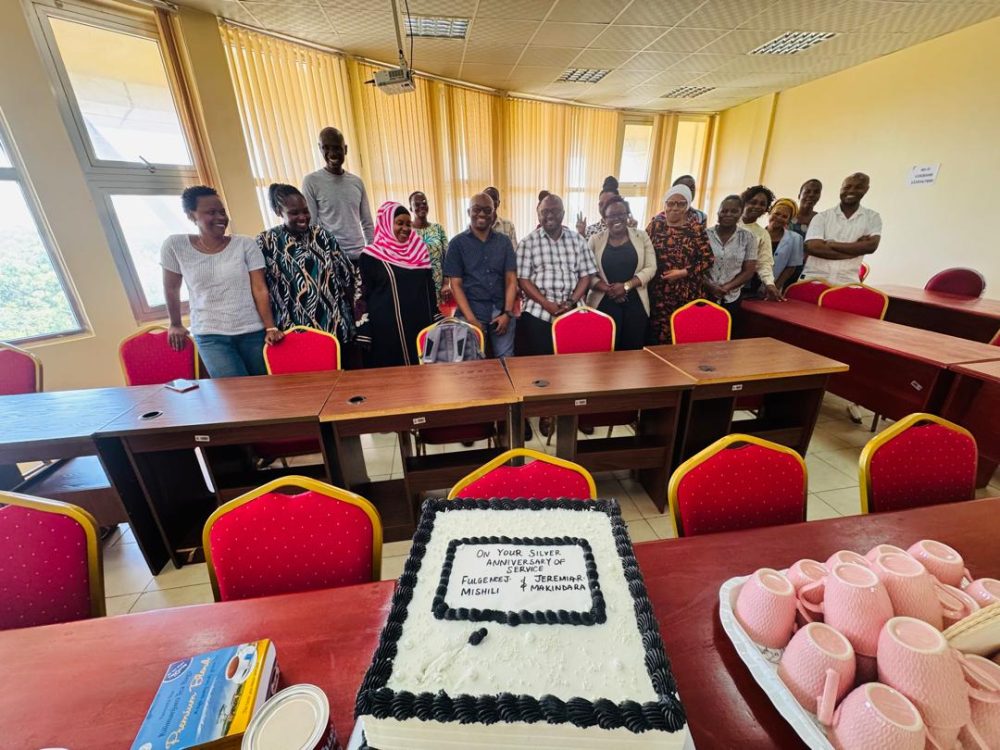PhD DEFENCE – ROGERS ANDREW

Many congrats to Dr. Rogers Andrew for successfully defended his PhD thesis titled: Economic potential of newly introduced chicken strains at farm level in selected areas of Tanzania” pursued at the School of Agricultural Economics and Business Studies COEBS, Sokoine University of Agriculture (SUA).
Dr. Rogers Andrew (Msc. Agricultural Economics) is employed at the Sokoine University of Agriculture as an Assistant Lecturer in the Department of Policy, Planning and Management. He registered with Sokoine University of Agriculture in August 2016 to pursue PhD studies in the Department of Agricultural Economics and Agribusiness (DAEA),College of Economics and Business Studies(COEBS).
He was supervised by; Dr. Jeremia Makindara (Head of Department of Business Management), Dr. Said H. Mbaga and Dr. Roselyne Alphonce. The defence was held on Tuesday, 08th September 2020 with five panellists; Prof. A. Isinika (Chairperson), Prof. G. Mlay (Internal Examiner), Dr. J. Makindara (Supervisor), Prof. I. Minde (Appointee of the Dean) and Dr. F. Mishilli (Appointee of the Head).
Summary of the Thesis
Local chicken farming is a potential for poverty reduction and enhancing food security. The study adopted a developmental design whereby farmers were earlier on provided with vaccinated 20 six weeks old Sasso and Kuroiler chicken strains. The study applied a Farm Simulation Model, Stochastic Efficiency with Respect to Function, Adoption and Diffusion Outcome Prediction Tool, Stochastic Data Envelopment Analysis and the Just and Pope Framework in assessing the economic potential of these chicken strains.
The results indicate that keeping the newly introduced chicken strains is a more economically viable business with the highest NPV, Income and probability of attaining economic return.
Extremely risk-averse farmers preferred local chickens and would need to receive about US$170 and US$130 for keeping about 60 Sasso strain and 60 Kuroiler strain respectively, to be indifferent. If the introduced chicken strains are made available, the peak for adoption is likely to be 33% after 8 years; and reduced start-up costs, extension services and inputs are facilitating factors. On the other hand, controllable input factors influence performance variability, exposing farmers to risk.
The study recommends promotion and scaling up of these strains for improving the livelihood of farmers and increasing the sector’s contribution to GDP. In addition, integration of good farming practices, feed formulations, strengthen the market for both inputs and outputs are crucial for improved productivity, efficiency, performance stability and hence profit maximization.
Let us join hands to congratulate him on this great achievement.



